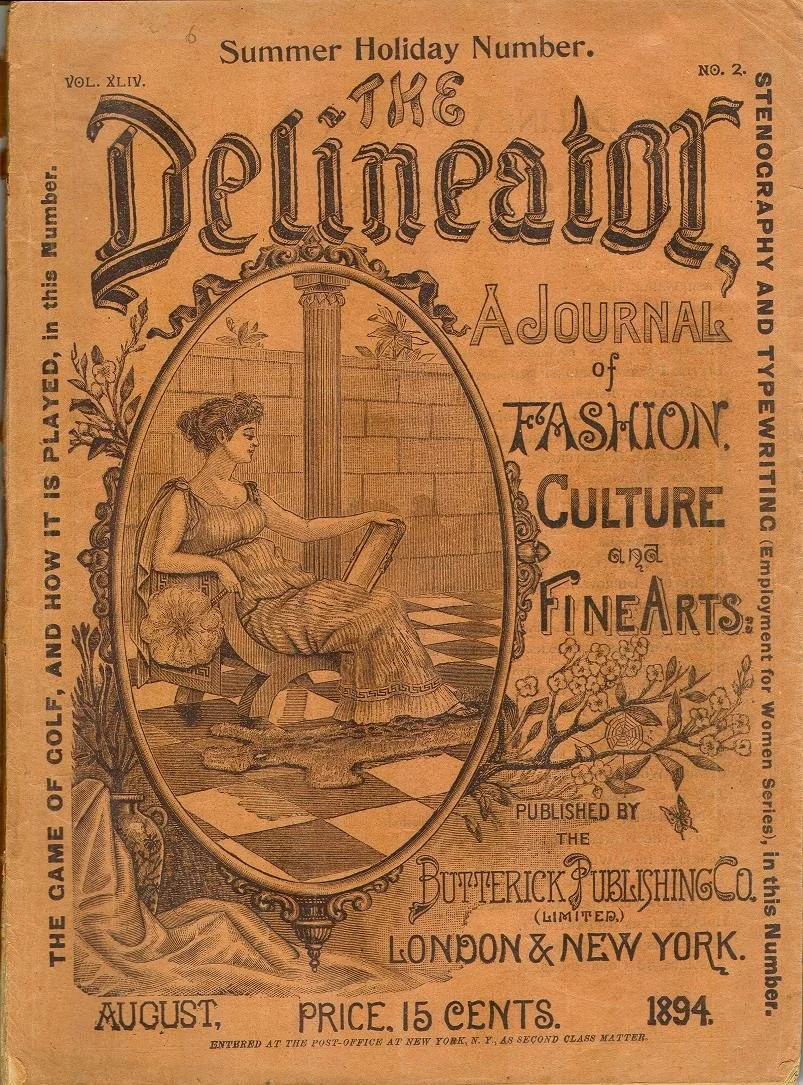The Rialto Books Review -- Vol.020 AVAILABLE NOW
Buy The Rialto Books Review Vol. 020 here.
Buy a 12-month subscription to The Rialto Books Review here.
The Rialto Books Review Vol. 020 includes poetry by Adam Kozak, fiction by Maria Mullis, Charlie DeMott Wildey, Alexandra Ranieri, and Russell Block, and comics by Jon Schuta.
Please enjoy these excerpts from The Rialto Books Review Vol. 020.
Yours
by Maria Mullis
You give yourself two days to complete the bear. You do not find satisfaction once you finish. Instead, you set aside your crochet hook on top of your nightstand and stare into its shiny, black button eyes. With the lamp on, you can see a tiny reflection of yourself staring back. It is wearing an oversized T-shirt, with hair that hasn’t been washed in five days. The bear’s body is white, and soft as velvet. Your boyfriend told you that she has decided not to reveal the gender at the party. He said she wants it to be a surprise. You picked white because you thought it would be a neutral color, but in the light, it looks yellowed and rotten. You toss the bear into the nightstand drawer and do not wait for him to come home. You fall into a restless sleep.
In the morning when you are both awake and making coffee, he asks if you had bought a gift yet.
You say no, actually, you made something instead.
His brown eyes are flat. He has that look like he’s about to start an argument, pursed lips and tight brows, but you point at the dining room table before he can say anything else. The bear is sitting in the center with a giant red bow around its neck. He grunts something into his mug.
Just Bones
by Charlie DeMott Wildey
I am just a pile of bones but I’m shaped like a person. I can walk around but every step hurts my joints because I don’t have any cartilage anymore. All the other people around me still have meat and blood and all that, but I don’t. If you had asked me a little while ago “hey, how do you feel about being just a pile of bones?” I’d have been like “you know, it’s fine,” and sometimes it’s a pain, but now I guess I’m really starting to be proud being this.
I’ve been bones for a few years now, I think. I haven’t kept good track of time. I don’t have to eat, so money or a job isn’t important and since walking hurts I don’t always really like moving around too much. I can sit in a pile for days, or weeks, and I lose track of time really quickly. Sometimes I sit on benches, shaped like a man, but other times I like to really take a break and I just hide somewhere and I fall back into a little pile.
Villa Doria by Adam Kozak may be found in Vol.020.
Funnies
by Jon Schuta
The Lighthouse
Part III
by Alexandra Ranieri
So uneventful has this last week been, I had hopes of putting aside these papers forever, and ascribing to the temporary insanity of isolation my nightmare; but events have transpired of such abnormality, and which have made such a confusion of my thoughts, I find I must once again parse them in writing.
Having finished reading a difficult paper by one of my colleagues, and feeling quite at my ease, I set out four nights ago for a midnight stroll along the shore. It was a mild night for the season, and the moon shone bright and strong, its reflection making a broken pathway over the water to the very tipping point of the horizon; one could almost fancy on such a night, that to walk across to Michigan was no great feat. And yet, how many have lost their lives on that treacherous road!
I was entertaining my brain with this fancy when, in the very spot at which I looked, a light appeared, quite as though someone had just arrived home and turned on the lamp in their living room; yet this was in the middle of the lake. At first I supposed it was a plane, and that I would shortly see it rise, yet it stayed put and, after all, its glow was too soft, too reminiscent of a candle flame.
The League of Berries and Laurels
Chapter IV:
The Jeweler’s Row
In which the shopkeepers and street characters register the arrival of a salesman that is not, in itself, out of the ordinary nor likely to be significant, and a wager on the young star of the Bulls of Chicago that is both.
Timepieces are widely available, their valuable exteriors only one part of their beauty, the other being the accurate keeping of that sacred quantity, measured out in triplicate by complex workings, or duplicate, as is the case with the clock that denotes the extent of the district. Desirable objects in abundance populate the windows of the street-level stores in staunch buildings, whose doorways are reinforced, as are the windows reinforced, although discreetly. They are kept safe with every invention possible, and every invention, drill, and deceit has been tried since foundation was ever imposed upon the swamp, a feat that the occasional character, evidently with nefarious intent constant on the mind, makes all the more impressive, as the store of value comes into contact with the dingy city’s dregs and city here. Wristwatches of incredible quality are prominently displayed, those of dubious origin and function move along the street obscured, in the interface of the trench coat whose wearer paces slowly, studying faces at a blink for anyone that might be in the market for a steal. As he approaches the timepiece previously described, this situated atop a fluted post, he slows, sharing a moment of mutual recognition with the trooper on duty, who only harasses him when the purveyors of the shops, having suffered some loss, wish for all the regular characters, vagrant or no, to fear their implication in the heist, party to it or no. They tolerate the counterfeits, which might ostensibly compete with the genuine article, because anyone that would buy from him has not the sense or resources more material to buy from them, and it helps to have characters out on the street in perpetuity, knowing all and known to all and sundry. An equilibrium prevails that no one explicitly architected but to which everyone adheres.
A man falls out of the crowd and unknowingly checks his wrist, becoming at once the best friend of a complete stranger. Their walks of life disparate in the extreme, as are their appearances, tailoring, and origin, the street hustler nonetheless does as he came here to do, and he hustles.







